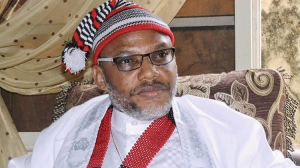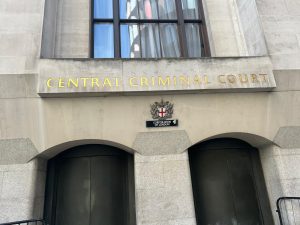Lagos, 9 July 2025 – The Nigerian Bar Association (NBA) has reaffirmed its unwavering commitment to enforcing the Mandatory Continuing Professional Development (MCPD) programme, as stipulated under Rules 11 and 12 of the Rules of Professional Conduct for Legal Practitioners (RPC), 2023, and the NBA MCPD Rules, 2025. In a statement issued by NBA President Afam Osigwe, the association declared that the implementation of these provisions will neither be suspended nor scrapped, despite opposition from some quarters.
The RPC, a subsidiary legislation enacted by the General Council of the Bar under Section 12(4) of the Legal Practitioners Act, mandates strict adherence to professional conduct standards. Osigwe emphasised that these rules, which first appeared in 2007 but have not been rigorously enforced, are now a priority for the NBA. “The NBA is irrevocably committed to giving concrete effect to these mandatory provisions,” he stated, underscoring the association’s duty to regulate legal practice and uphold the rule of law in Nigeria.
The NBA’s resolve comes amid threats of lawsuits and what Osigwe described as “the abuse of social media to disseminate false information” about the MCPD programme. He urged lawyers to resist spreading misinformation and to focus on meeting the stipulated requirements, warning that non-compliance will result in consequences as outlined in the RPC. “Any lawyer who fails to abide by these mandatory requirements will be deemed to have voluntarily decided to suffer the disability and consequences for non-compliance,” Osigwe noted.
The MCPD programme is designed to ensure lawyers maintain high standards of professional conduct, etiquette, and discipline. Rule 1 of the RPC highlights the duty of legal practitioners to uphold the rule of law, promote justice, and avoid conduct unbecoming of the profession. The NBA has called on all lawyers to take advantage of training opportunities, including free sessions offered by the NBA Institute of Continuing Legal Education (NBA-ICLE) and other providers, to meet the minimum credit hours required.
Osigwe also addressed the legal foundation of the RPC, citing judicial precedents such as DIN v. A.G.F. (1988) and Ishola v. Ajiboye (1994), which affirm the validity of subsidiary legislation like the RPC. He stressed that the rules derive their authority from the Legal Practitioners Act and are essential for maintaining professional integrity.






